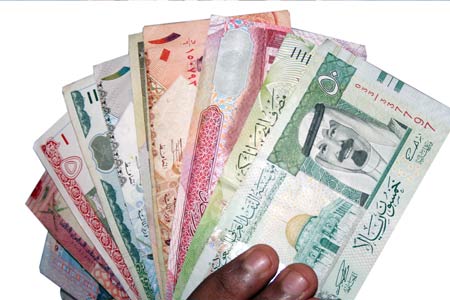The Dubai International Financial Centre (DIFC) last month released a report assessing the progress being made by GCC countries to achieve the convergence criteria for a GCC Monetary Union (GMU) that were endorsed by the Supreme Council of the GCC at its 27th session held in Riyadh in 2006. The report is the first in a series of reports to be released by the Centre focussing on issues affecting the region’s economy.
The report, “An Assessment of the Progress towards GCC Monetary Union”, states that GCC countries remain on schedule to meet the imposed requirements by 2010, but identifies four key policy issues which need to be addressed for the successful launch of the GMU. “Firstly, there needs to be an institutional and governance framework to ensure smooth, transparent and effective decisions on the conduct of monetary policy and other central bank policies, including the mode of operation of the GCC Central Bank.
Inflation should be the priority item on the policy agenda: there is need for a change in monetary policy towards inflation targeting, with monetary policy geared to maintaining inflation within an announced target range.
The GCC countries will need to invest in building their statistical capacity, in order to provide harmonized, comparable economic and financial data, to support the GMU and the Gulf Common Market.
The GMU, if it is to be achieved and serve its purpose, needs to be supported by investments in financial infrastructure (including legal and regulatory), payment systems and the development and linkage of money markets and capital markets to ensure a uniform interest rate and the swift transfer of funds throughout the GCC.”
However, once these issues are addressed, the report states that the GMU will add significant value to the region’s economies: “The GMU will strengthen the commitment of GCC countries to regional economic integration. The GMU should be the central policy anchor, extending the benefits of currency stability to financial markets, industries and citizens, by fostering more intense trade relationships, linking the capital markets and attracting international capital.”










